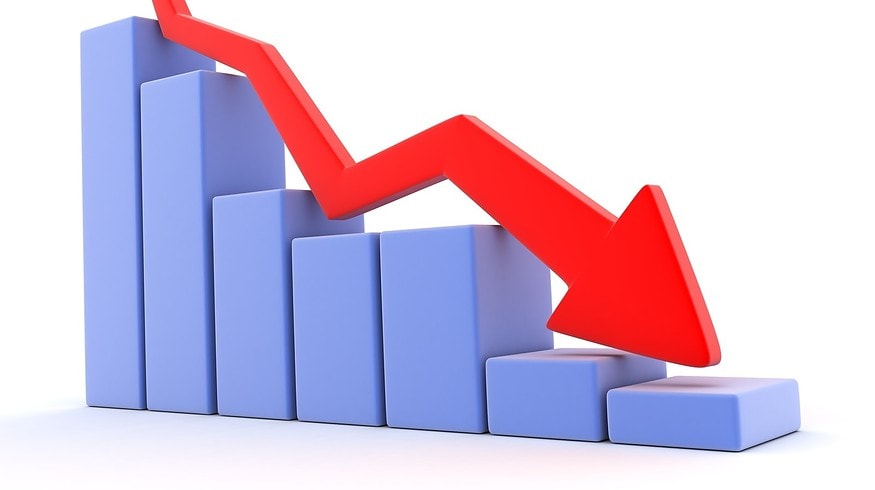World fertilizer prices go down

Granular urea prices have fallen in almost all regions of the world, in the United States in particular, where the cost of this fertilizer has reached its lowest level in 18 months. The reason is that demand in many countries, including such a large market as Brazil, was not as active as expected this year, Argus Media reported.
The Indian state-owned company MMTC acquired almost 1.2 million tons of urea following a tender on October 14, but suppliers had already ordered almost all volumes from manufacturers to ship to India, and now market participants are discussing the possible dates for a new auction in that country. In addition, the export of Chinese products in January-September increased by 2 million tons compared to the same period in 2018, which led to an increase in supply on the world market by 4-5%.
The prices for granular potassium chloride decreased in Brazil, Southeast Asia, the USA and South Africa under the influence of the same factors as in the urea market: a stable oversupply and a weaker-than-forecasted demand. India has signed off the first annual contracts for the supply of potassium chloride. Thanks to this, market participants will receive new price benchmarks, and quotes may reach minimum levels and stabilize.
The decline in prices for phosphate fertilizers in the world market continues. Between October 18 and 24, Indian customers purchased 183 thousand tons of diammonium phosphate and monoammonium phosphate with shipment from Russia, China and Saudi Arabia for 2-3 dollars cheaper than a week earlier. In New Orleans (USA), the cost of diammonium phosphate for the fourth time hit a fresh 10-year low, and monoammonium phosphate in Brazil fell in price again.
The main event for the complex fertilizer market was the completion of a large procurement tender in Ethiopia, in which the local agricultural company EABC intended to purchase sulfur-containing nitrophosphate fertilizers for use in 2019-2022.The winner is likely to be the Moroccan manufacturer OCP Group. In this case, this supplier will ship 888 thousand tons of fertilizers to Ethiopia in the 2019-2020 agricultural year. But in general, the prospects for the global market of complex fertilizers are unfavorable given the decline in prices for straight fertilizers.
Enjoyed this story?
Every Monday, our subscribers get their hands on a digest of the most trending agriculture news. You can join them too!















Discussion0 comments